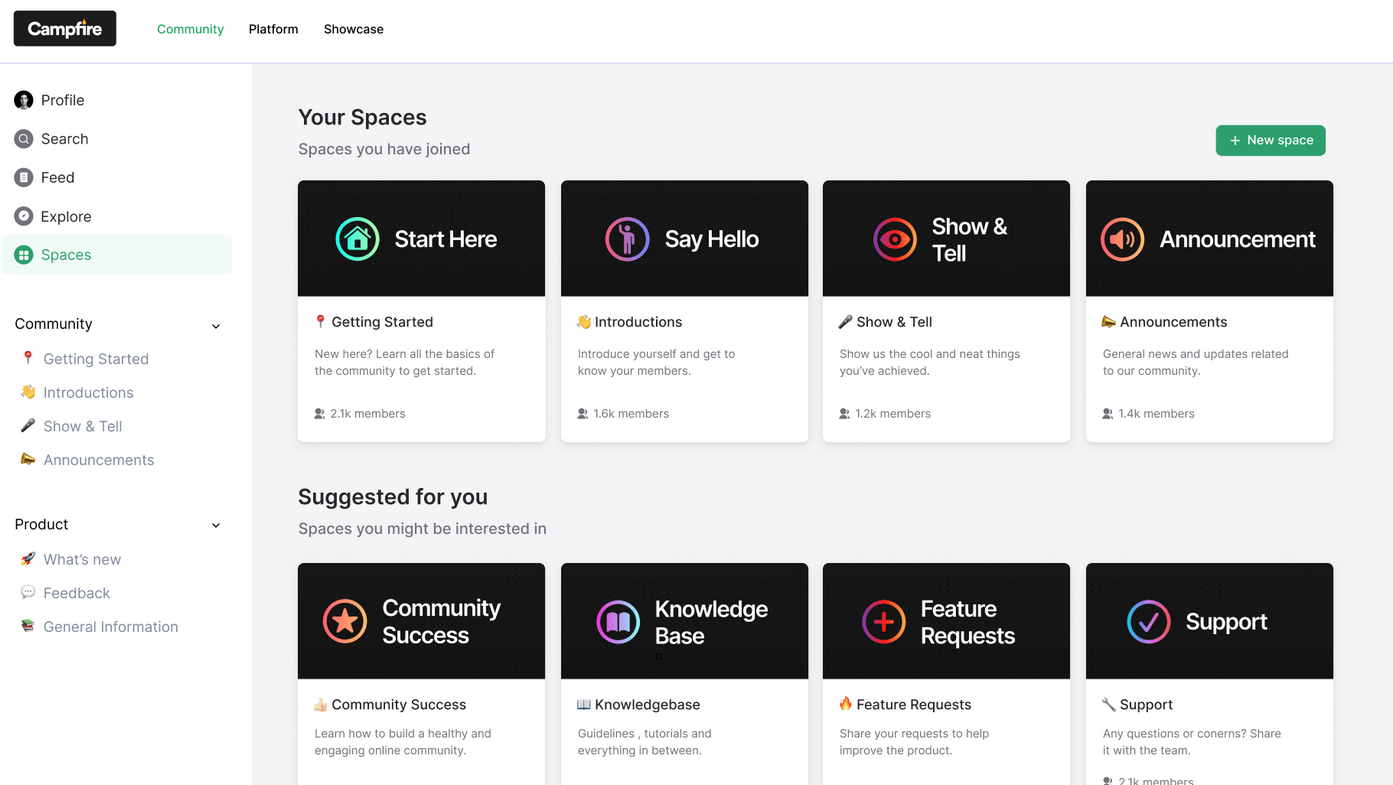
In today’s digital age, community platforms have become essential tools for fostering connections, sharing interests, and engaging in meaningful conversations. Whether you’re looking to join a niche group, find professional networks, or simply connect with like-minded individuals, the right community platform can make all the difference. This comprehensive guide will walk you through some of the top community platforms available today, helping you find the perfect fit for your needs. Empowering Your Legal Journey: Professional Advice and Support for Your Unique Situation https://l-legal.org/
1. Reddit
Reddit stands out as one of the most versatile community platforms available. Known for its diverse range of subreddits, Reddit allows users to participate in discussions on virtually any topic imaginable. From hobbies and professional interests to local events and niche topics, Reddit’s subreddit structure makes it easy to find communities that align with your interests.
Key Features:
- Subreddit Organization: Allows users to join communities tailored to their interests.
- Upvote/Downvote System: Provides a way for the community to vote on content quality.
- AMAs (Ask Me Anything): Enables users to interact with celebrities, experts, and notable figures.
Ideal For: General interest communities, niche topics, and professional networking.
2. Discord
Originally popularized by gamers, Discord has evolved into a comprehensive communication platform used by various communities. It offers voice, video, and text communication, making it a versatile tool for group interactions. Discord servers can be public or private, allowing for tailored experiences based on user needs.
Key Features:
- Voice and Video Channels: Facilitates real-time communication.
- Customizable Roles and Permissions: Allows server owners to manage member access and roles.
- Integration with Other Tools: Supports integrations with various apps and services.
Ideal For: Gaming communities, hobby groups, and collaborative projects.
3. Slack
Slack is a powerful communication tool often used in professional settings, but it’s also effective for community building. Its channels, direct messaging, and integration capabilities make it suitable for both work-related and social groups. Slack’s organized structure helps manage conversations and projects efficiently.
Key Features:
- Channels: Organizes discussions by topic or project.
- Direct Messaging: Facilitates one-on-one conversations.
- Integration with Productivity Tools: Connects with various apps and services.
Ideal For: Professional networks, project teams, and organizational communities.
4. Facebook Groups
Facebook Groups offer a straightforward way to connect with people who share common interests. With a broad user base, Facebook provides tools for both public and private group management. Groups can be used for everything from local community events to professional networking.
Key Features:
- Group Categories: Helps users find relevant groups.
- Event Management: Allows users to create and manage events.
- Discussion Threads: Organizes conversations within the group.
Ideal For: Social connections, local communities, and professional groups.
5. Meetup
Meetup is specifically designed to facilitate face-to-face interactions and in-person events. It focuses on bringing people together based on shared interests and activities. Whether you’re interested in tech meetups, book clubs, or outdoor adventures, Meetup helps you find and organize local events.
Key Features:
- Event Creation: Allows users to organize and promote events.
- Interest-Based Groups: Connects users with similar interests.
- RSVP Functionality: Helps manage attendance and event details.
Ideal For: Local events, hobby groups, and interest-based gatherings.
6. Quora Spaces
Quora Spaces is an extension of the popular Q&A platform Quora. It provides a space for users to create and join communities focused on specific topics. This platform is ideal for users who enjoy in-depth discussions and knowledge sharing.
Key Features:
- Content Curation: Allows for organized and topic-specific content.
- Expert Contributions: Features insights from industry experts.
- Discussion Threads: Facilitates engaging conversations on various topics.
Ideal For: Knowledge sharing, topic-specific discussions, and expert insights.
7. LinkedIn Groups
LinkedIn Groups are a great resource for professional networking and industry-specific discussions. These groups provide a platform for sharing knowledge, discussing trends, and building professional relationships.
Key Features:
- Industry-Focused Groups: Connects users within specific fields.
- Networking Opportunities: Facilitates professional connections.
- Content Sharing: Allows for the distribution of industry-related content.
Ideal For: Professional networking, industry discussions, and career development.
8. Telegram Groups
Telegram is known for its privacy features and secure messaging. Its groups and channels offer a space for both casual and professional interactions. Telegram’s flexible features include large group capacities and the ability to create channels for broadcasting messages.
Key Features:
- Large Group Capacity: Supports groups with thousands of members.
- Privacy and Security: Offers encrypted messaging.
- Channels for Broadcasting: Allows for one-way communication to a broad audience.
Ideal For: Privacy-focused communities, large groups, and broadcasting information.
9. Tumblr
Tumblr is a social networking site that combines microblogging with community engagement. Users can follow blogs, share content, and participate in discussions. Tumblr’s multimedia capabilities make it a vibrant platform for creative communities.
Key Features:
- Multimedia Integration: Supports images, videos, and text posts.
- Customizable Blogs: Allows users to create personalized content.
- Tags and Search: Helps users discover relevant content and communities.
Ideal For: Creative communities, multimedia content sharing, and personal blogging.
10. Nextdoor
Nextdoor focuses on local community engagement, providing a platform for neighbors to connect and share information. It’s useful for discussing local events, safety issues, and neighborhood news.
Key Features:
- Neighborhood-Specific Discussions: Connects users within the same geographic area.
- Local Events and Announcements: Facilitates community updates.
- Safety and Recommendations: Allows users to share safety concerns and local recommendations.
Ideal For: Local community engagement, neighborhood news, and safety updates.
Conclusion
Selecting the right community platform depends on your specific needs and interests. Whether you’re seeking professional connections, social interactions, or hobby-based groups, the platforms listed above offer diverse features to help you connect with others. By understanding the unique attributes of each platform, you can make an informed choice and engage with communities that best fit your goals.





